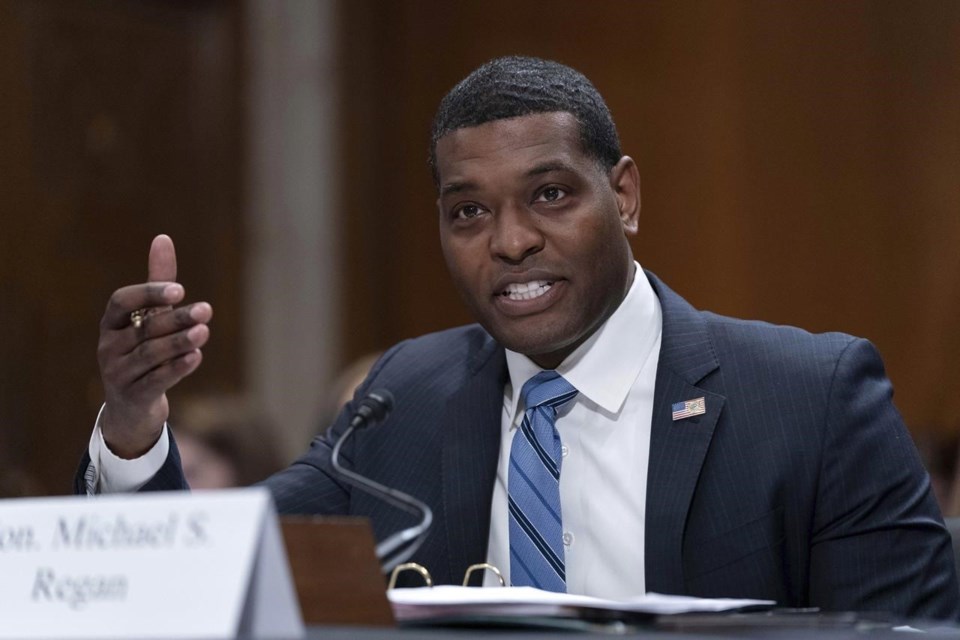The U.S. Environmental Protection Agency announced Thursday that it’s investing $177 million to create 17 technical assistance centers around the country to help environmental justice organizations successfully apply for federal funds.
Better training on how to navigate the complex federal grant making process is something environmental justice organizations have been demanding since the beginning of the Biden administration. The community groups want to compete for federal money for projects including pollution cleanup, air quality monitoring and workforce development for jobs in wind and solar.
EPA administrator Michael Regan made the announcement in New York City with U.S. Rep. Adriano Espaillat at a community space popular for dancing and music built on top of a sewage treatment plant along the Hudson River.
“We know that so many communities across the nation have the solutions to the environmental challenges they face. Unfortunately, many have lacked access or faced barriers when it comes to the crucial federal resources needed to deliver these solutions,” Regan said in a statement. “Today we’re taking another step to break down these barriers.”
The administration has been investing unprecedented amounts of money in improving the environment in poor communities and communities of color and preparing them for the effects of climate change as part of its Justice 40 initiative, which mandates that 40 percent of benefits from federal spending on climate and environment go to historically marginalized communities.
But leaders of environmental justice organizations say all the money meant for their communities won't reach them without technical assistance.
The funds will go to 17 universities and environmental nonprofits including the University of Connecticut, University of Arizona, Deep South Center for Environmental Justice in New Orleans and West Harlem Environmental Action in New York City. Each group will receive at least $10 million.
The centers will also offer environmental justice advocates guidance on engaging their communities, facilitating meetings and providing translation and interpretation.
Robert Bullard, director of the Bullard Center for Environmental and Climate Justice in Houston and a member of the White House Environmental Justice Advisory Council, said communities have long been in need of such support.
“If the communities that have been historically left out and left behind don't have the support to apply for grants to access those dollars, then it's all for naught," he said.
Still, there is impatience and skepticism from some places most vulnerable to climate change, where residents have been fighting for a cleaner environment on a shoestring budget.
“The money is there," he said. “There are communities waiting for (toxic) sites to get cleaned up. They are waiting for infrastructure to be built so their communities don't flood.”
The EPA said more details about the funding will be announced in the next few months.
___
Follow Drew Costley on Twitter: @drewcostley.
___
The Associated Press Health and Science Department receives support from the Howard Hughes Medical Institute’s Science and Educational Media Group. The AP is solely responsible for all content.
By Drew Costley, The Associated Press



